These are just a few of the amazing people Dr. Gabriel has had the honor to work with.
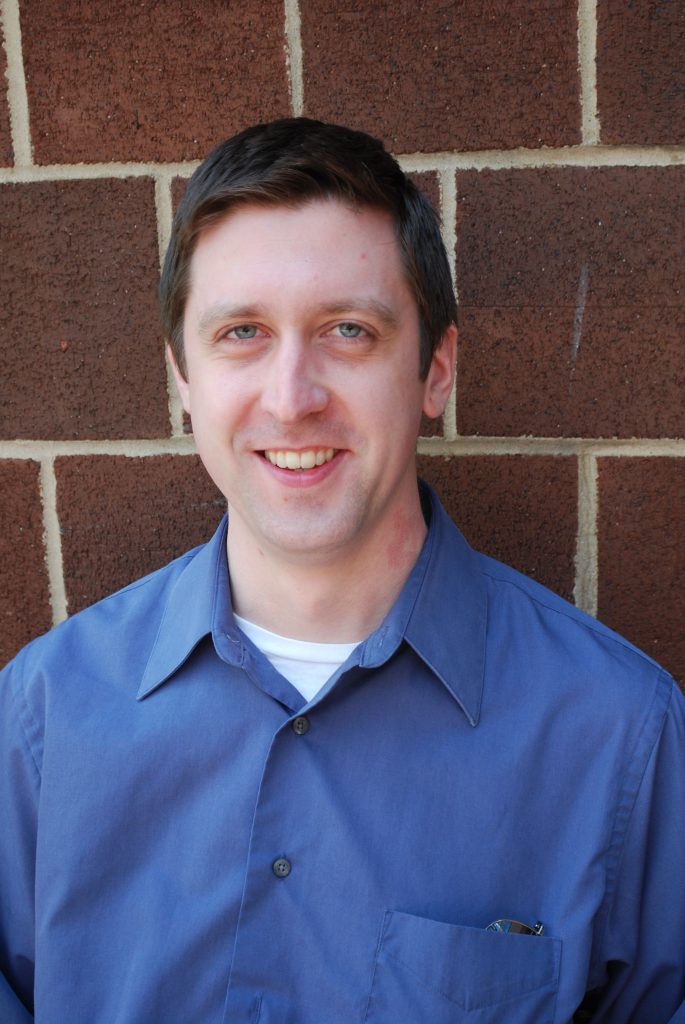
Craig Brinkman, Ph.D.
Craig’s research on parasocial relationships seeks to extend existing theoretical models of relationships to address the implications of parasocial relationships for individuals’ real-world close relationships. Although people typically realize that a bond with a favorite celebrity or TV character is not “real”, these relationships may nonetheless have a real impact on individuals’ lives. Could a boost to one’s self-worth driven by a parasocial bond help low self-esteem individuals to feel more valued and accepted by their romantic partners?
Craig has graduated from the social-personality PhD program at UB in 2021. His program of research broadly concentrates on motivated cognition and perceptions in interpersonal relationships. This includes examining 1) how parasocial relationships influence individuals’ real-world romantic relationships, and 2) how individuals utilize social media to achieve their psychological goals.
Research on social media explores how it has the potential to make people more “social”–– allowing them to frequently and conveniently connect with others–– or less “social”–– in that it could diminish the quality of their in-person interactions. A current project examines how individuals’ motivational tendencies may lead them to use social media in different ways. His work suggests that social media can serve to supplement in-person interactions and facilitate interpersonal relationship maintenance for some, but not all users. Other research projects include investigations of: 1) how parents’ racist beliefs influence their preferences for where to enroll their children in school, 2) the potential dark side of seemingly positive relationship interactions, 3) the use of stigmatization in response to relationship threats, and 4) how people may draw on different aspects of their religious practices in ways that help to fulfill their fundamental needs for affiliation and differentiation.

Mauricio Carvallo, Ph.D.
My current research focuses primarily on three main lines of research. First, I am interested in examining the antecedents and consequences of a “culture of honor” ideology. We can define “culture of honor” as a belief system that emphasizes the need to maintain one’s reputation with respect to others. My graduate students and I have investigated, for example, how the endorsement of a culture of honor ideology is related to mental health stigma and preventive screening behavior. Second, I am interested in exploring factors that influence different health outcomes such as disease preventive screenings uptake, utilization of health services, and the adoption of unhealthy or risky health behaviors. Finally, I am also interested in exploring how stereotypes and prejudice affect people’s views of different minority group members.
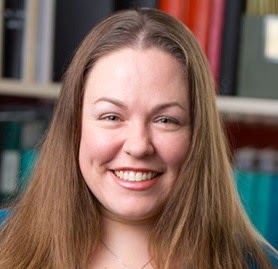
Jaye Derrick, Ph.D.
Jaye is an Associate Professor in Social, Personality, and Health Psychology at the University of Houston. Her primary research areas include
- interdependence, the need to belong, and symbolic social bonds;
- the influence of close relationships on self-regulation and substance use;
- the influence of substance use on close relationship functioning and intimate partner aggression; and
- ambulatory assessment (e.g., daily diary and EMA) research methods.

Jason Folmsbee, M.A.
Jason completed his M.A. in Psychology at the University at Buffalo focusing on collective effervescence and group behavior.
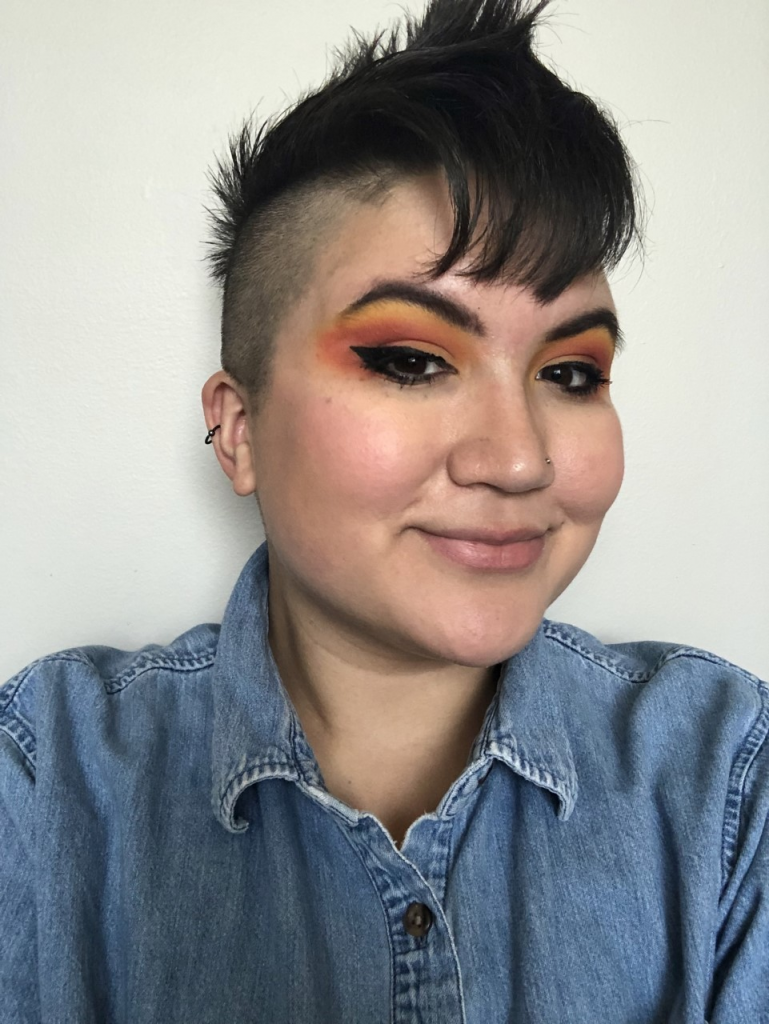
Sarah Hale, M.A.
Sarah graduated with her M.A. in Psychology from UB in 2023. She graduated from Baylor University in 2021 with a BA in Psychology and minor in Sociology.
Sarah’s research interests include the self, absorption, and means of social surrogacy, specifically narratives and daydreaming.
Outside of research, Sarah enjoys singing karaoke, binging YouTube, and snuggling with her cat, Sigmund.

Lisa Jaremka
Lisa is a former Honors Student from 2004 interested in the social determinants of health.
Her work utilizes a social psychological approach to understand the effects of threats to belonging on motivation, physiology, and health. Her expertise lies at the interface between physiology and psychology with a specialization in psychoneuroimmunology and psychoneuroendocrinology.

Veronica Lamarche Ph.D
Currently a Senior Lecturer at the University of Essex, Veronica’s research focuses on understanding how people regulate trust and dependence in their romantic relationships, and how feelings of uncertainty or vulnerability can influence relationship stability. Her work is guided by two main research questions:
1) What are the individual differences that predict greater relationship resiliency in the face of uncertainty; and,
2) Do self-regulatory systems managing responses to uncertainty outside of the relationship influence relationship regulatory responses within the relationship.
Lauren Ministero, Ph.D.
Lauren has graduated from the social-personality PhD program at UB in 2020. Lauren received her BA in psychology and journalism at The University at Buffalo before joining the social/personality psychology Ph.D. program. In addition to her work with Dr. Gabriel, Lauren works with Dr. Poulin and Dr. DeMarree. Her research interests include compassion, mindfulness, media, and the self and self regulation. In the Social Self Lab, Lauren investigates why people re-read books and re-watch movies, and the correlates of these behaviors. In her spare time, Lauren enjoys yoga, exercise, and plant–based cooking.
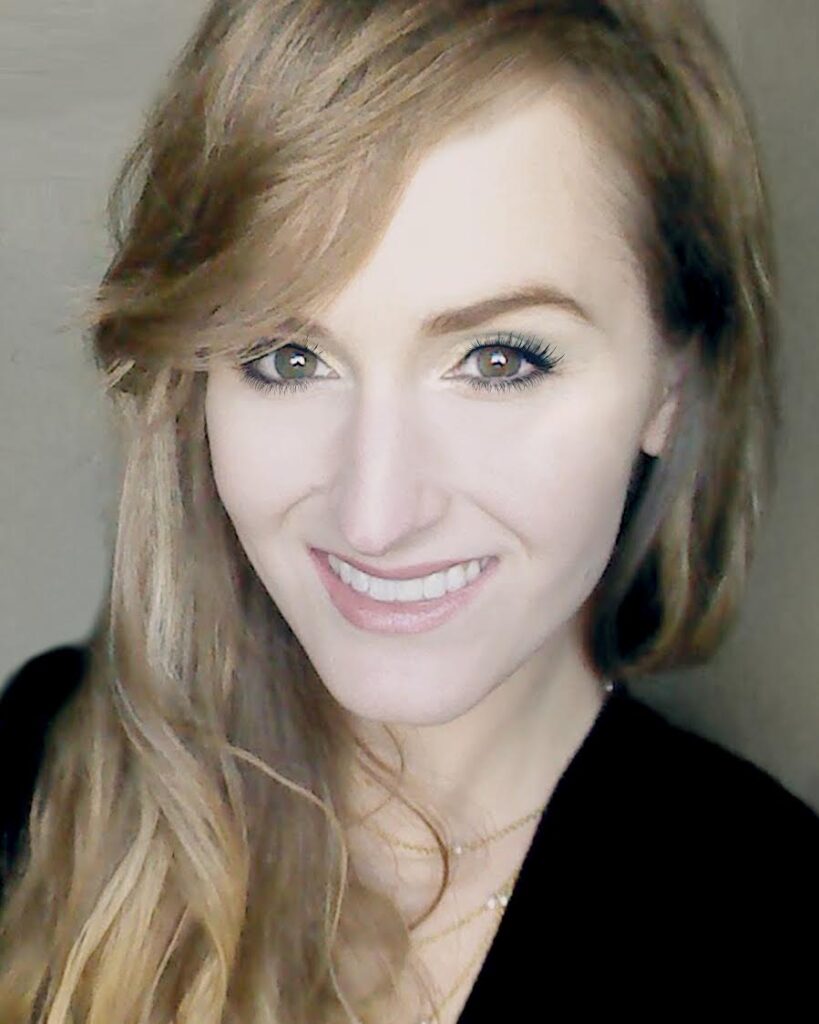
C. Dale Morrison, Ph.D.
Dale has graduated from the social-personality PhD program at UB in 2021. Dale received their BA in psychology and Spanish at Niagara University, and holds an MA in psychology from the University at Buffalo. Dale works in the labs of Dr. Shira Gabriel and Dr. Michael Poulin, and is broadly interested in studying situational and environmental factors that impact social interaction, health, as well as prosocial and proenvironmental behaviors.
Outside of the lab, they enjoy rock climbing, hiking, and photography. Recent work focuses on the role of awe in experiences of collective effervescence, as well as perceived loneliness.
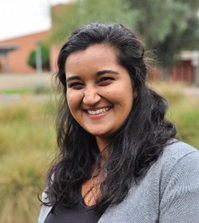
Esha Naidu, Ph.D.
Esha graduated from the doctoral program in Social-Personality Psychology at the University at Buffalo, SUNY in 2023. She received her BA in Psychology from Arizona State University in 2017.
Esha’s research interests broadly concern 1) how features of social contexts and individual differences (e.g. culture, physical space, religious beliefs, and personality) influence feelings of belongingness and 2) how different kinds of pathways to a fulfilled sense of belongingness (e.g. technologically mediated relationships, symbolic social relationships, group memberships and close relationships) importantly differ.
In her free time, Esha likes trying out new recipes, playing retro video games, and desperately trying to keep her house plants alive.
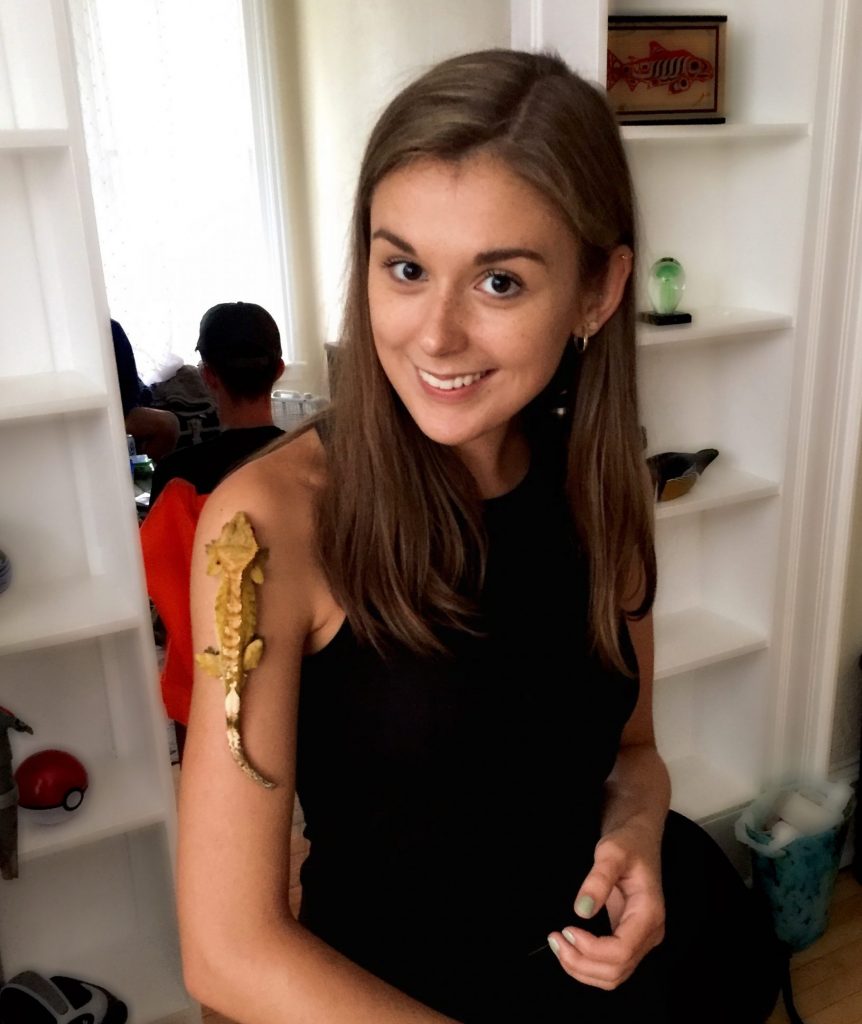
Cassie O’Brien, M.A.
Cassie received her B.S. from Allegheny College, with a major in Psychology and minors in Political Science and Communications. Cassie’s research interests include understanding how different social identities and identity threats can influence the resilience and motivations of individuals.
She is interested in how these questions can be applied to specific social issues and domains, such as stigma and prejudice. In her free time, Cassie enjoys hiking, drinking too much coffee, and listening to true crime podcasts.

Elaine Paravati, Ph.D.
Elaine graduated from the doctoral program in Social-Personality Psychology at the University at Buffalo, SUNY in 2020. She received her B.S. in 2015 from Utica College and her M.A. in 2018 from the University at Buffalo, SUNY. Elaine’s primary research interests are in the need to belong, restorative narratives, gender and personality differences in social need fulfillment, and the influence of technology on social interaction.
In her free time, Elaine enjoys reading magazines, working out while complaining about working out, planning to adopt every animal on the planet, and getting stressed over the last 5 seconds of the Food Network television show “Chopped.”
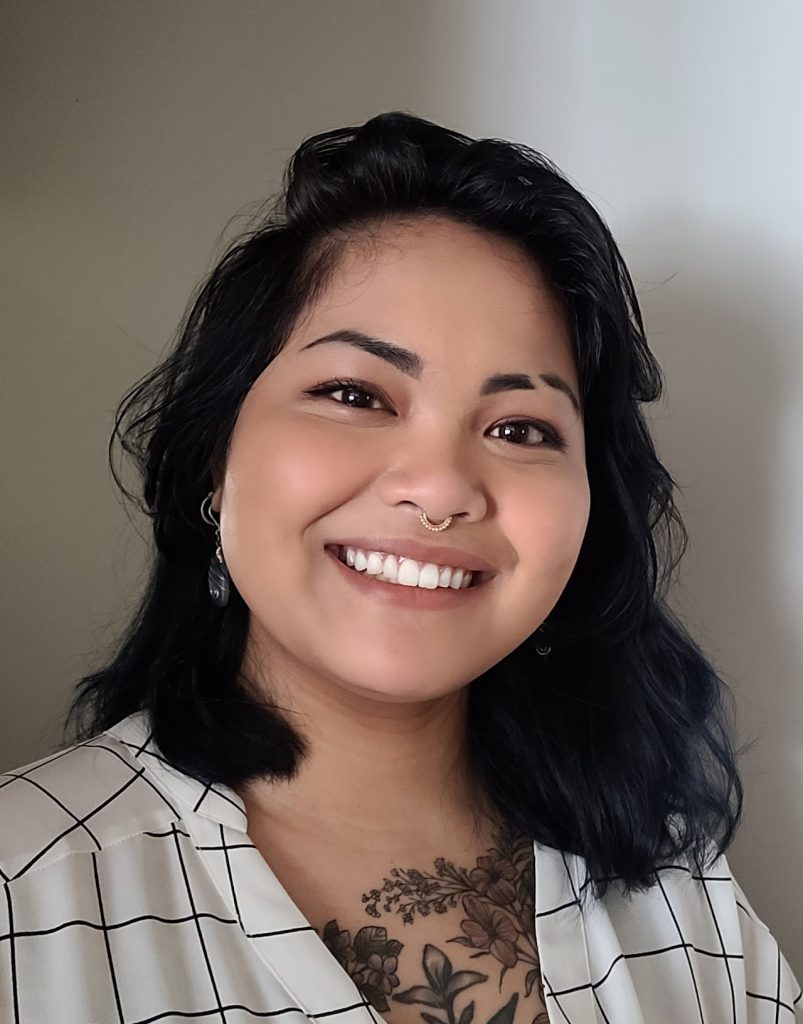
Kae Savar, M.A.
Kae got their undergraduate degrees in General Psychology and Linguistics with a concentration in Language, Society, and Communication at the University at Buffalo in 2018. They apparently decided that that just wasn’t enough, and completed an MS in Interdisciplinary Studies of Social Sciences at UB focusing on the continued merger of the fields of Psychology and Linguistics.
Some of their many research interests include parasocial relationship studies, motivation and language education, cross-cultural studies, linguistic anthropology, and the use of narrative as a mode in which marginalized individuals can explore identity aspects. In their free time, Kae enjoys creative hobbies, playing video games, and relaxing with their 3 cats.

Jordan Troisi, Ph.D.
Jordan is a professor at Colby College and Director of the Center for Teaching and Learning. He joined the team in Colby’s Center for Teaching and Learning in fall of 2020, after having served as a Visiting Research Fellow in the CTL during the 2018-2019 school year. Originally from Michigan, Jordan studied Psychology and English at Albion College, then went on to earn his Ph.D. in Social Psychology at the University at Buffalo (SUNY).
After graduate school, Jordan taught for three years at Widener University, then for six years at Sewanee: The University of the South, where he was awarded tenure in their psychology department.
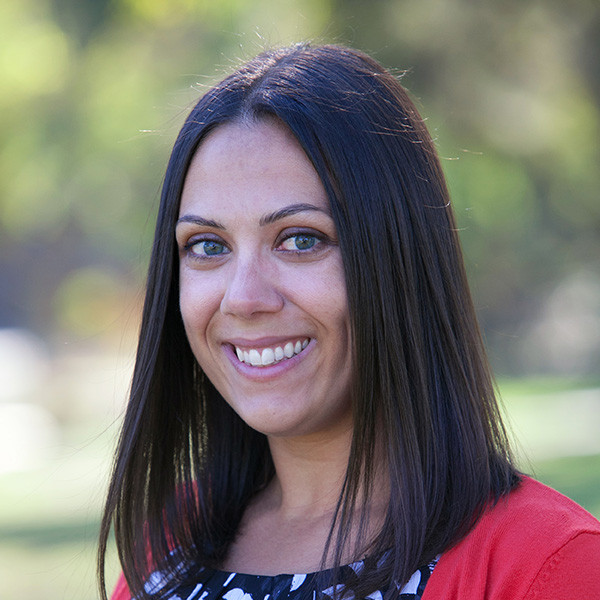
Ariana Young
Ariana is a social psychologist interested in the social nature of the self and how the self is influenced by the actual, imagined, and implied presence of other people. In a primary line of research, social surrogates (i.e., symbolic social bonds) including books, movies, television shows, celebrities, fictional characters, Facebook, Twitter, and comfort foods are explored regarding how they affect how people think and feel about themselves.
Ariana’s work demonstrates that engaging in these social surrogate activities has real psychological benefits, such as providing a sense of belonging, alleviating loneliness, and bolstering self-esteem and body image. Other lines of research investigate social psychological topics such as interpersonal attachment and social comparison processes.